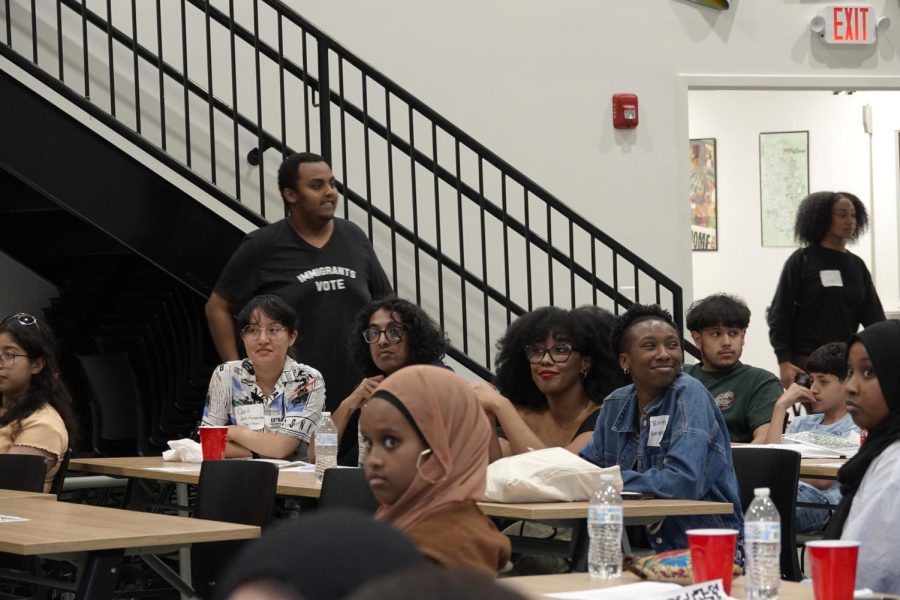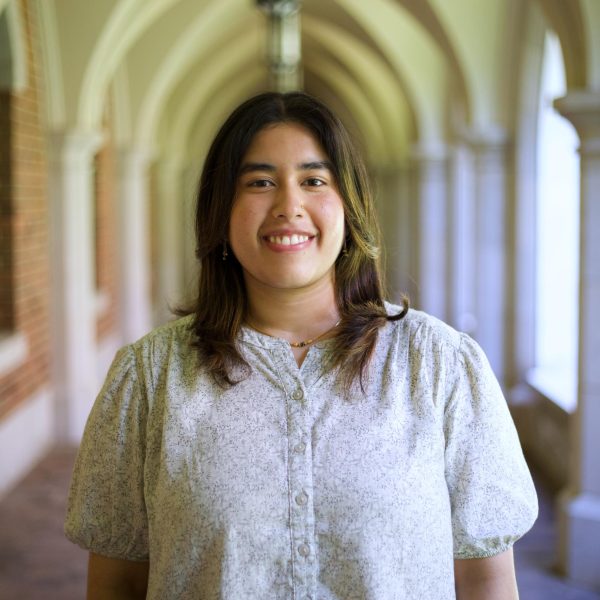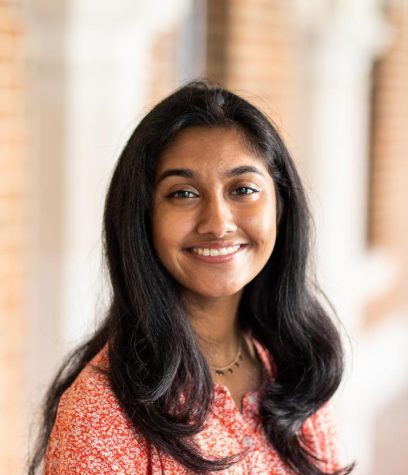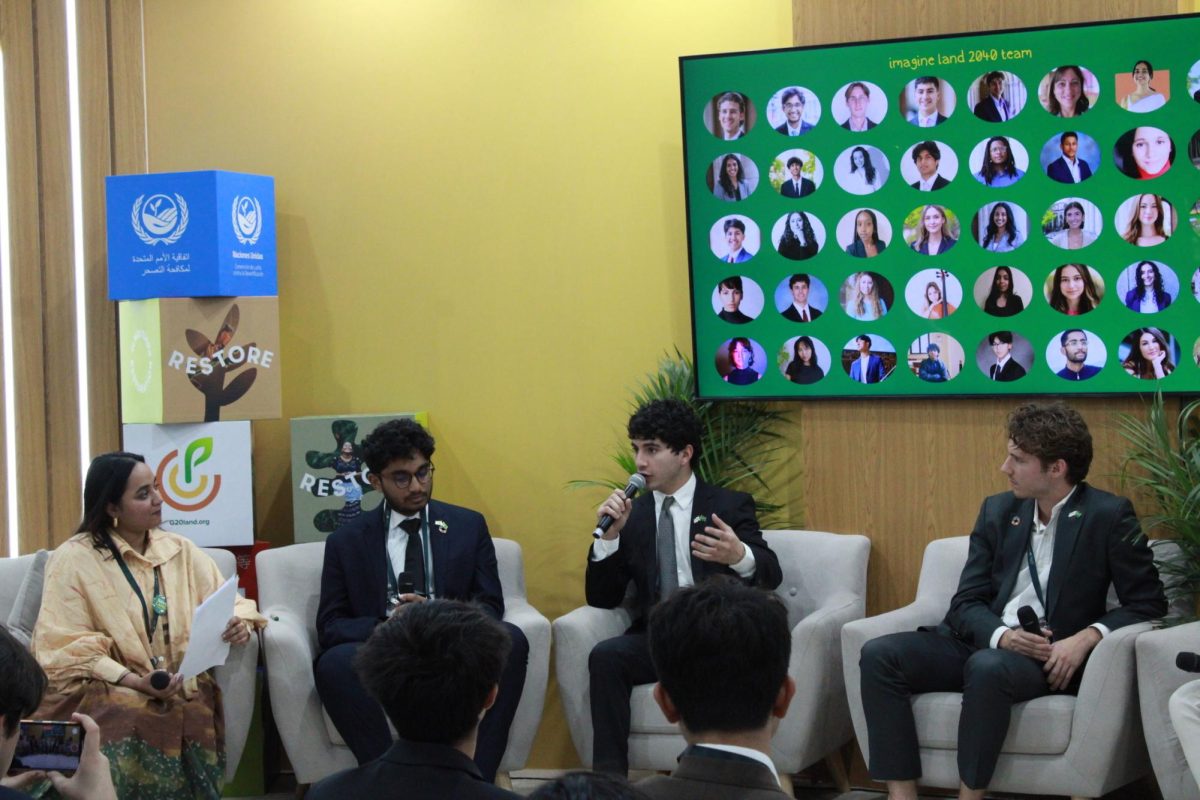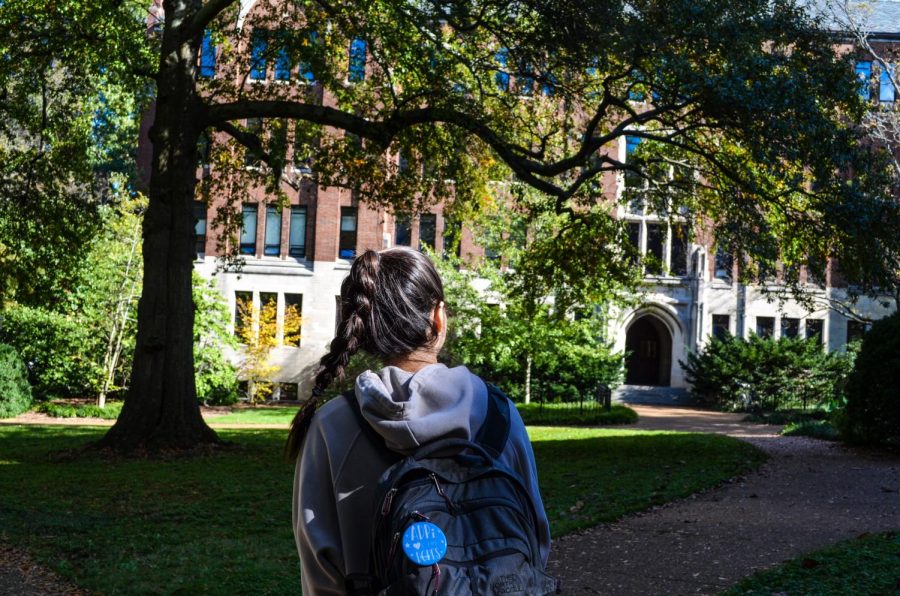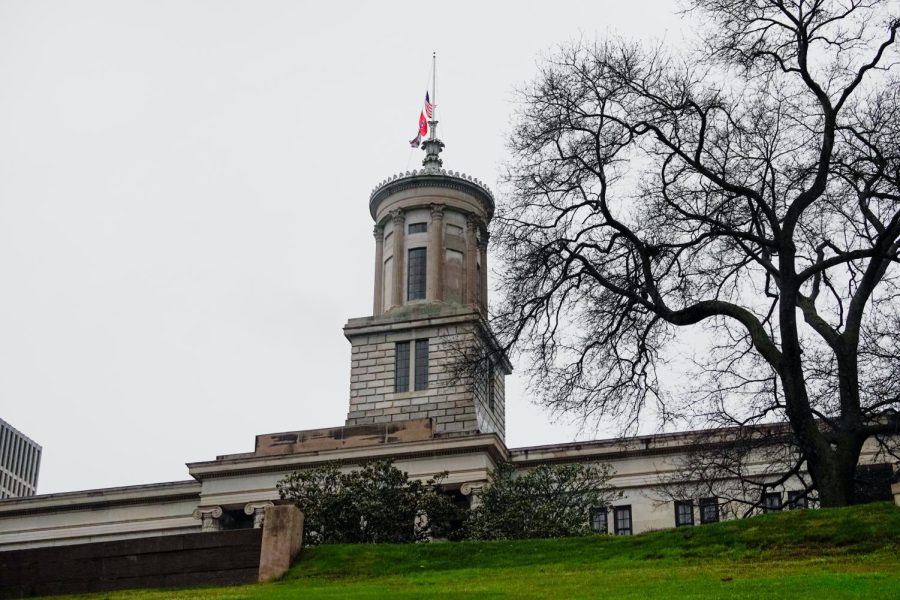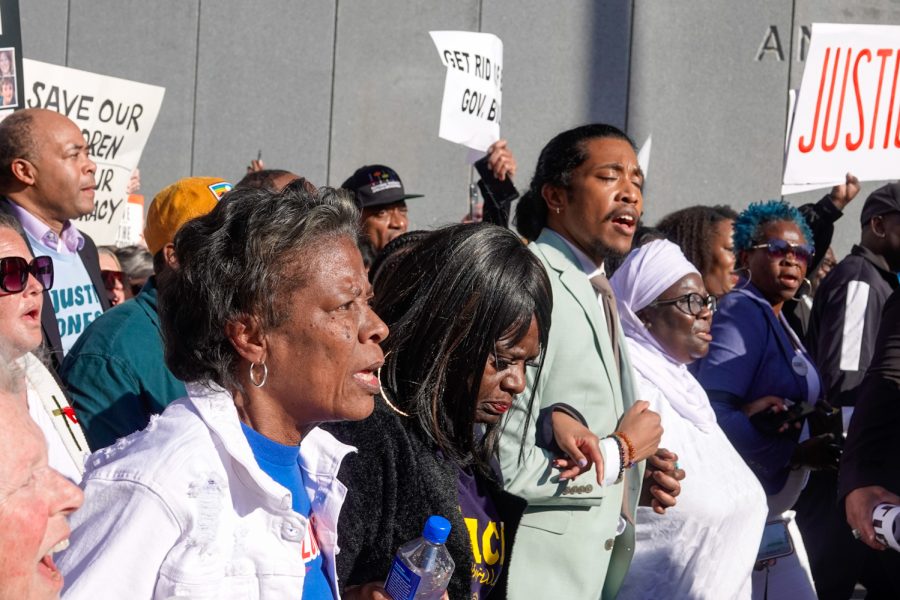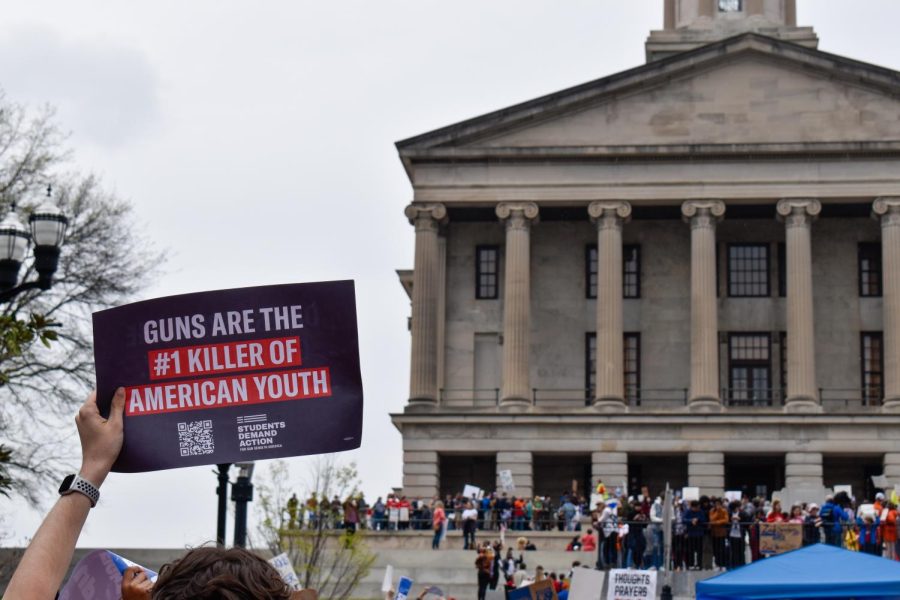The Tennessee Immigrants and Refugee Rights Coalition held their Gen 2.0 Youth Summit on April 15, hosting discussions and educational activities about activism and leadership for youth across the state. The event featured speakers from Vanderbilt’s chapters of Students Demand Action and March for Our Lives.
Speeches and workshop sessions
MFOL Judicial Advocacy Associate Brynn Jones, a junior, and MFOL National Organizer Ezri Tyler, a first-year, served as keynote speakers for the event. They discussed their experience organizing the April 3 walkout for gun reform legislation and how young activists have the power to influence legislation.
“Student voices matter because we have unique perspectives,” Jones said. “We have unique mobilizing power because of the communities that we’re involved in and the way that student networks kind of move not just across the community or school, but all states and regions.”
The summit included workshops and a job/internship fair to educate students on how to get involved and make their voices heard in their communities. Layla Ahmed (‘22), TIRRC’s civic engagement coordinator, described the youth summit as a space geared towards bringing together youth of color to teach them how they can participate in civil engagement efforts in Tennessee.
“Tennessee has the lowest voting rate in the country, and that rate is even lower for the Black and brown community,” Layla Ahmed told The Hustler. “We have a lot of communities who have not been encouraged and not been tapped into to participate in their democracy, so that’s what we’re trying to do with the youth summit.”
The summit also featured workshops centered around power-building, community and justice. Sophomore Sawan Ahmed attended one workshop regarding collective action in the face of adversity and another on climate justice. Ahmed said she learned that seemingly different people tend to have similar policy goals.
“You can be a woman and you can be Black, and each aspect of your identity has a different effect on your legislative [goals],” Sawan Ahmed said. “We have to keep in mind that people of color and minorities are [often] here for a common goal.”
Luis Mata, TIRRC policy coordinator and the instructor of the climate justice workshop, stressed the importance of including a conversation around climate when speaking to immigrant and refugee populations.
“Immigrants and refugees are among the people that face the worst impacts of climate [change], from inequitable disaster response to language inaccessibility [and] not being able to access resources because of immigration statuses,” Mata told The Hustler. “We need to make sure we are tying our climate fight to our migrant justice fight.”
Lipscomb sophomore Oliver Orellano, who was involved in the protests, asked Tyler and Jones about their experience and advice in facing lawmaker opposition and condescendence towards youth activists.
“I felt a little bit more reassured. They [lawmakers] want you to feel defeated, and they want you to feel hopeless, like you really are a naive young person who doesn’t know anything,” Orellano said to The Hustler. “But the reality of the matter is, like she [Jones] reiterated, we know more than anybody how all of these issues affect us at the end of the day.”
Reflections on the event
Ibtihal Cheko, a sophomore at Hume-Fogg High School, said that Jones’ and Tyler’s speech helped her realize the impact of her activism, especially after attending the protests.
“I went into it [the protests] thinking nothing was gonna change, but it actually did change a lot. It’s just motivating me to do more,” Cheko told The Hustler.
Cheko also attended the summit’s narrative writing workshop, where she said she learned about the importance of reflection, especially after the Covenant School shooting.
“I’ve been writing a lot through this whole process. Something we learned in the workshop is about reflecting on what’s going on and what’s going on in your mind this week and being able to write about it and to articulate it better,” Cheko said.
Sawan Ahmed said she felt “empowered” after hearing from youth leaders.
“As a college student, I realized I’m kind of living in a Vandy bubble, but there’s a lot of things that are happening that affect people on a day-to-day [basis] that will affect me as soon as I leave college,” Sawan Ahmed said.
Tyler and Jones emphasized the importance of sharing one’s own story as part of their activism.
“The biggest message that we always have is ‘you tell your story.’ And you tell your personal narrative because that is the most powerful tool that you have and that is something that they can’t take away from you because your story is important,” Tyler said.
Jones further explained that through filing amicus briefs in legal cases, individuals can use their personal stories to effect legal change.
“Young people’s lived experiences also are really valid and matter just as much as legal arguments. Trying to help young people become empowered through their stories of pain and their source of survivorship and highlight those two courts that often don’t have to hear,” Jones said.
Jones and Tyler added that the event was a way to build networks with each other, which they said was an important part of social change.
“Coalition starts with your own networks and your own relations, your friends, your family, reaching out to your community. That is what is most powerful,” Jones said.

